Eggshells can greatly benefit your garden. They are natural and easy to use.
Gardening enthusiasts often seek natural ways to improve soil health. Eggshells are a fantastic, eco-friendly option. They are rich in calcium, which strengthens plant cell walls. Using eggshells in your garden can help with pest control and soil aeration. They break down slowly, releasing nutrients over time.
This makes eggshells a simple and effective addition to your gardening routine. Plus, recycling eggshells reduces waste. Ready to learn the best ways to use eggshells in your garden? Let’s explore how these humble kitchen scraps can transform your plants and soil.
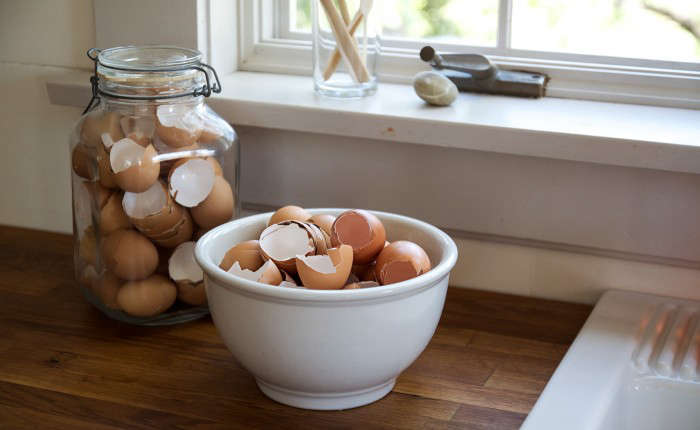
Credit: www.gardenista.com
Benefits Of Eggshells For Plants
Crushed eggshells can improve soil quality by adding calcium. Spread them around plants to deter pests. This natural method benefits garden health and productivity.
Nutrient-rich Composition
Eggshells are full of nutrients. They have calcium, magnesium, and potassium. These help plants grow strong and healthy. Plants need these minerals to stay healthy. Eggshells give these minerals when they break down in the soil.
Soil Improvement
Eggshells help make the soil better. They help balance the soil’s pH level. This means the soil is not too acidic. Plants grow better in balanced soil. Eggshells also help make the soil loose. This helps roots get more air and water. Eggshells can keep pests away too. Some pests do not like the sharp shells. Your garden can be healthier with eggshells.
Preparing Eggshells For Garden Use
First, rinse the eggshells with water to remove any egg residue. It’s important to let the shells dry completely. You can spread them out on a baking sheet. Leave them in a warm, dry place for a few days. Once dry, they are ready for the next step.
Place the dried eggshells in a plastic bag. Use a rolling pin to crush them into small pieces. You can also use a food processor for finer powder. Crushed eggshells can be added directly to the soil. They provide calcium and help plants grow strong. Mixing eggshell powder with compost is another good option. This ensures even distribution of nutrients in your garden.
Using Eggshells As Fertilizer
Crush eggshells into small pieces and sprinkle them around plants to enrich soil with calcium. This helps improve plant growth and health. Use eggshells in compost for added nutrients.
Direct Application
Crushed eggshells can be scattered directly into the soil. They provide calcium to your plants, which helps them grow strong. Make sure to crush the shells into small pieces. This helps them break down faster. Spread the shells around the base of your plants. Over time, they enrich the soil.
Making Eggshell Tea
Eggshell tea is easy to make. First, clean your eggshells and let them dry. Then, crush them into small pieces. Place the crushed shells in a pot of water. Boil the water for 5 minutes. Let the water cool down. Strain the shells from the water. Use this water to water your plants. It gives them a boost of nutrients.
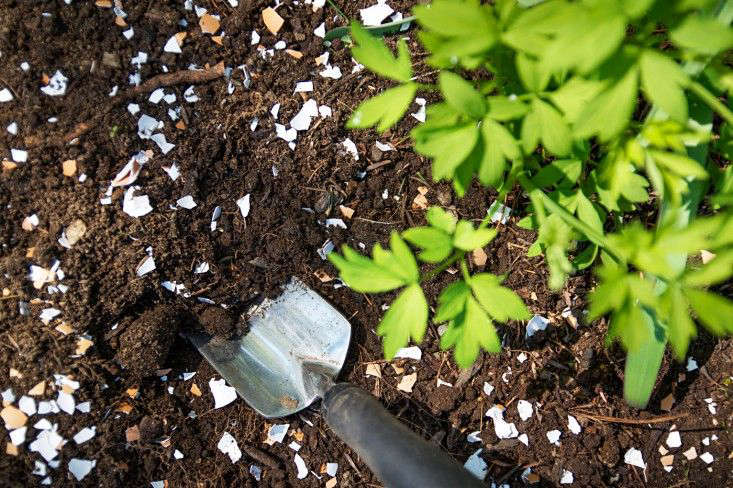
Credit: www.gardenista.com
Pest Control With Eggshells
Crushed eggshells help keep slugs and snails away. Sharp edges hurt their soft bodies. Scatter shells around plants. Create a barrier for pests. It is a natural method. No chemicals needed. Safe for pets and kids. Effective and simple.
Eggshells protect young plants. Sprinkle shells around seedlings. This keeps pests away. They avoid sharp shells. Eggshells also add calcium to the soil. Helps plants grow strong. Healthy seedlings mean a healthy garden. Easy and eco-friendly. Try it in your garden.
Improving Soil Ph With Eggshells
Testing soil pH is important for plant health. Use a soil pH test kit. Take a small soil sample from your garden. Follow the kit instructions carefully. The result will show your soil’s pH level. A pH of 7 is neutral. Below 7 is acidic. Above 7 is alkaline. Most plants like soil pH between 6 and 7.5. Adjust your soil pH if needed.
Crush eggshells into small pieces. Spread them evenly on the soil. This helps improve soil pH. Another way is to grind eggshells into powder. Mix the powder into the soil. This method works faster. Eggshell tea is also useful. Boil eggshells in water. Let it cool. Pour the water around your plants. This gives a calcium boost to the soil.
Composting Eggshells
Eggshells can enrich your garden soil by adding calcium. Crush them and mix into the soil or compost. This improves plant growth and health.
Adding To Compost Pile
Eggshells are great for compost. They add valuable calcium to the pile. This helps plants grow strong. Crush the shells before adding. This speeds up the composting process. Crushed shells break down faster. They mix well with other materials. Eggshells also keep pests away. Snails and slugs dislike sharp shells. This makes your garden safer for plants. Remember to wash the shells first. Remove any egg residue. This prevents bad smells. Clean, dry shells are best for compost. Add them regularly. Your compost will be rich and healthy.
Benefits In Compost
Composting eggshells has many benefits. First, they improve soil structure. The calcium in shells helps balance soil pH levels. Balanced soil is better for plants. Second, eggshells help aerate the compost. They make it fluffy and easy to turn. This means more oxygen for microbes. Third, adding shells reduces waste. Less trash goes to the landfill. Finally, compost with eggshells is great for your garden. It makes plants grow strong and healthy.
Eggshells For Seed Starters
Eggshells make great small pots for starting seeds. They are biodegradable and eco-friendly. First, clean the eggshells. Then, poke a small hole in the bottom for drainage. Fill the eggshells with soil and plant seeds inside. Place the eggshell pots in an egg carton to keep them steady. Water the seeds and place the carton in a sunny spot. Watch the seeds grow!
When seedlings are ready, transplant them to the garden. Gently crush the eggshell without harming the roots. The crushed shell can go straight into the soil. It adds nutrients like calcium to the soil. This helps plants grow stronger. Carefully place the seedlings in their new spot. Cover them with soil and water well.
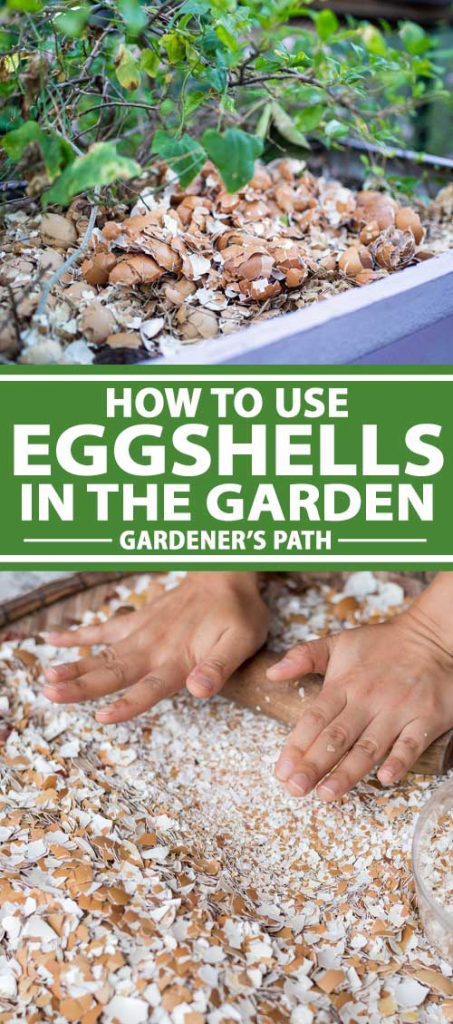
Credit: gardenerspath.com
Creative Uses For Eggshells
Eggshells can be used as decorative mulch in your garden. Crush the eggshells into small pieces. Spread them around your plants. They look pretty and help keep the soil moist. The shells reflect light, making your garden look brighter. They also add nutrients to the soil as they break down. This helps plants grow better. Plus, they help deter pests like slugs and snails. These pests don’t like crawling over sharp shells. It’s a simple and effective way to use eggshells.
Eggshells can also be used to make bird feeders. Wash the shells to remove any egg residue. Crush them into small pieces. Mix the crushed shells with birdseed. Place the mixture in a feeder or on the ground. Birds will eat the seeds and the shells. The shells give birds extra calcium. This is especially good for female birds during nesting season. It helps them lay strong eggs. Using eggshells in this way supports local wildlife.
Frequently Asked Questions
How Do Eggshells Benefit Garden Soil?
Eggshells add calcium to garden soil, promoting healthy plant growth. They also help improve soil structure and drainage, preventing root rot.
Can Eggshells Deter Garden Pests?
Yes, crushed eggshells can deter pests like slugs and snails. The sharp edges of the shells discourage these pests from crawling over them.
How To Prepare Eggshells For Garden Use?
Rinse and dry the eggshells thoroughly. Crush them into small pieces before adding to your garden soil or compost.
Are Eggshells Good For Composting?
Yes, eggshells are excellent for composting. They decompose slowly, adding valuable nutrients like calcium to your compost, enhancing its quality.
Conclusion
Using eggshells in your garden can be very beneficial. They enrich soil with calcium. Crushed shells deter pests like slugs and snails. Eggshells also make great seed starters. Composting them reduces waste. Try these methods for a healthier garden. Your plants will thrive and grow stronger.
Remember to rinse and dry the shells first. Happy gardening!

My mission is to help you bring the beauty of nature indoors with expert advice, detailed plant care guides, and creative design ideas.
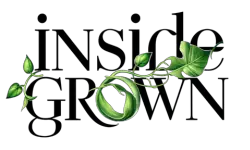
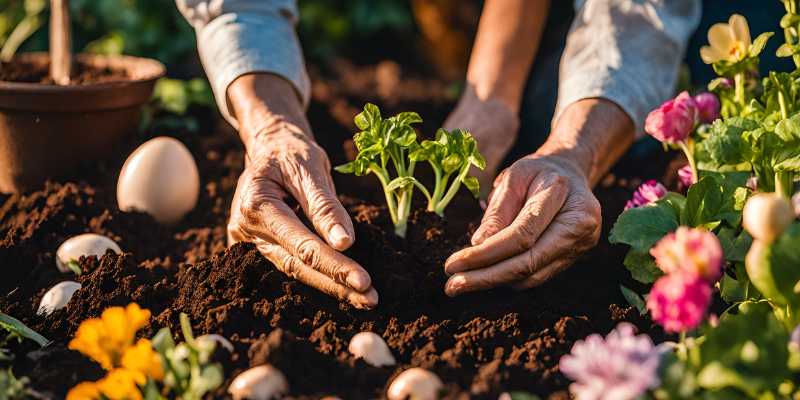
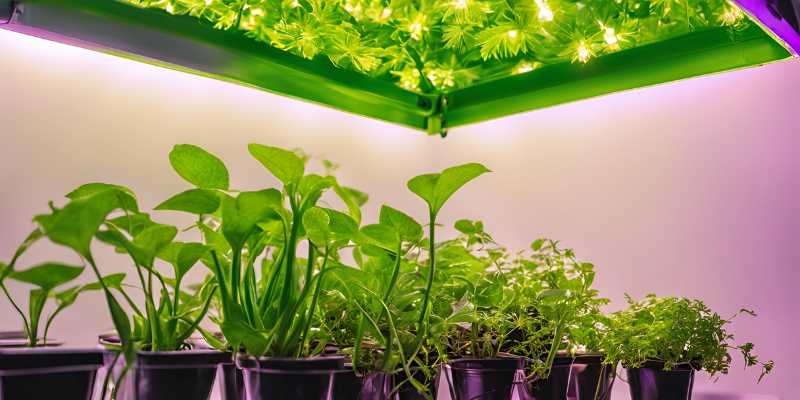
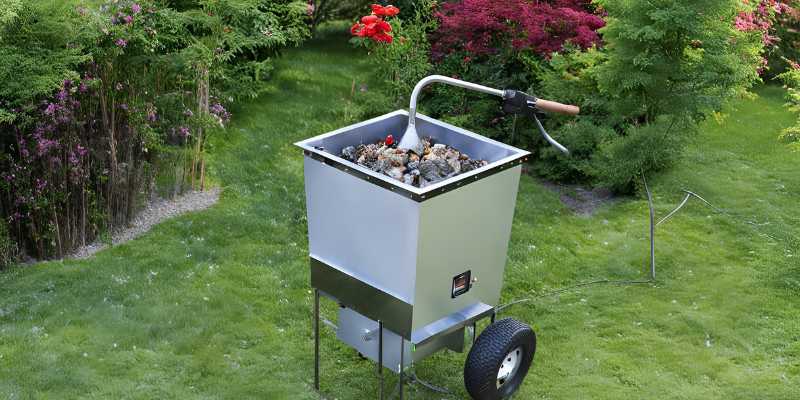
Leave a Reply